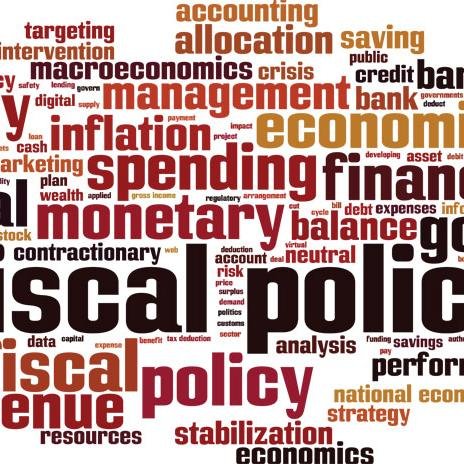State development depends to a great extent on an effective tax administration, focused on the search to control and provide resources to the treasury by concentrating efforts on those taxpayers with high taxpaying capacity.

In fact, at a worldwide level, the exercise of the State Tax Administration currently establishes obligations through a series of rules, regulations, policies, strategies, including auditing, to ensure the normal fulfillment of such obligations, with the purpose of increasing public revenues.
Although it is true that the states are looking for new strategies and alternatives to increase public revenue, a series of changes in the Tax System have been developed through the enactment of regulations that promote the establishment of a series of taxes to be paid by taxpayers.
The problem is focused on the tax revenues of the municipality based on original taxation powers - among which are taxes on industrial, commercial, service or similar activities, where municipal autonomy is full.

This fullness must be understood in the sense that the only limits imposed are those established in the constitutional context itself. In order to regulate this source of income, the different municipalities dictate normative acts called "ordinances" which establish the origin, requirements, conditions or parameters that are considered in relation to the demand of this tax.
This post was selected for Curación Manual (Manual Curation)
@tipu curate
Downvoting a post can decrease pending rewards and make it less visible. Common reasons:
Submit
Upvoted 👌 (Mana: 2/7) Get profit votes with @tipU :)
Downvoting a post can decrease pending rewards and make it less visible. Common reasons:
Submit